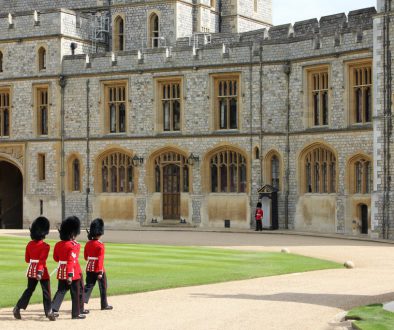What are Human rights?
Human rights result from the dignity inherent in a person, everyone is entitled to it regardless of, among others, race, sex, language, religion, political beliefs, national and social origin, and property. They cannot be waived. Power neither gives them, nor can it take them away.
Human rights describe a person’s position in society and towards power – they define his / her rights over other people and towards power.
The concept of rights is based on the following assumptions: everyone has a sphere of freedom that cannot be violated by any authority, everyone can demand that the state protect their rights.
Human rights may be limited, but only in strictly defined situations, defined in constitutions and international agreements on human rights (the need to protect certain values, protect state security and public order).
The rights of the individual were first affirmed in the 1789 Declaration of the Rights of Man and Citizen and in the United States Constitution (the Bill of Rights, the first ten amendments to the Constitution, 1789). Later, confirmation of rights and guarantees of their implementation appeared in constitutions and ordinary laws of other countries.
In the 20th century, the principle was adopted that respecting human rights is not an internal affair of states. Human rights agreements adopted by the international community express this.
Civil and political rights are derived from broadly understood freedom that states cannot restrict (“the fewer states, the better”). Civil or political rights include:
- right to life,
- personal freedom and security,
- no torture,
- freedom of conscience and religion,
- freedom of speech,
- the right to a fair trial,
- the right to nationality,
- the right to privacy,
- the right to free elections,
- freedom of assembly and association.
These rights are sometimes described as “negative”, but some of them require the state to take action, such as setting up a justice system or holding elections, to implement them.
Social rights derive from another value – equality. Guaranteeing them requires the state to take action – that is why they are described as “positive”. These rights are, for the most part, guidelines for state action.
Social human rights:
- labor rights including the prohibition of forced labor, the prohibition of discrimination in employment, the right to decent working conditions, fair remuneration and equal remuneration for work of equal value, the right to organize, to strike,
- the right to social protection and the right to health protection, which mean the right to social security in case of illness, old age, incapacity for work, unemployment and the right to social assistance,
- family rights including the right of the family and its individual members to legal, social and economic protection, the right to protection of motherhood, the right of children to protection against all forms of exploitation,
- the right to education is the right to free primary education, access to higher education and to support to facilitate access to education,
- rights in the field of culture, including the right to participate in cultural life and benefit from scientific progress, protection of copyright.


